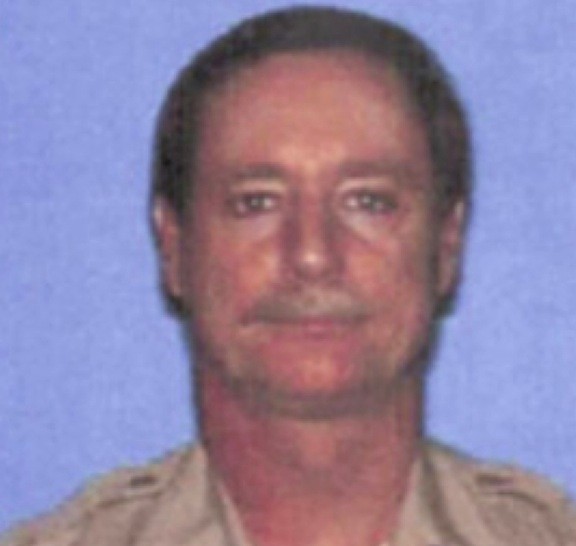
A California Highway Patrol (CHP) officer caught and convicted for trying to launch a sexual relationship with a 13-year-old girl he met in 2006 on the Internet this week won a federal appellate court ruling that the Orange County District Attorney’s office (OCDA) thwarted a fair trial.
The majority of a three-judge Ninth Circuit Court of Appeals’ panel ruled that prosecutor Robert Mestman mislead a jury during his closing argument about the legal requirements to convict Stephen Robert Deck.
The CHP lieutenant had worked in agency’s San Juan Capistrano office until he was nabbed in a joint Perverted Justice and Laguna Beach Police Department sting operation that used Amy, a decoy child who was really an adult woman.
The CHP officer’s criminal defense lawyer argued that while Deck’s conduct may have been “reprehensible,” it did not legally constitute an attempt to engage in illegal sex.
Disagreeing, Mestman told jurors that a condom-box carrying Deck, who’d arranged to meet the minor at Heisler Park because he feared he might get caught in an undercover operation and was nevertheless arrested upon arrival, was guilty.
“I don’t need to prove to you that he was going to commit a lewd act on that day, just some point in the future,” Mestman told the panel. “So the best case scenario for the defense is baloney . . . Even if you buy this baloney [and Deck just sees] her that day, not touching her, stay five feet away from her, following up the next day if they got along, then commit a lewd act, that is sufficient under the law for the defendant to be guilty,”
Federal judges Sidney R. Thomas and Morgan Christen determined that a prior California Court of Appeal mistakenly ruled that Mestman’s misstatement of the law was harmless as was Superior Court Judge M. Marc Kelly’s failure to issue a corrective instruction to jurors.
Kelly, whose instructions correctly stated the law, purposefully didn’t tell the jury Mestman made an error because he too thought that to find Deck guilty jurors didn’t have to believe he intended to commit the lewd act that day.
“Without the benefit of a corrective instruction, the jury may have arrived at the same erroneous legal conclusion that the trial judge reached: that Deck could be convicted even if the jury was not sure whether he intended to commit a lewd act on the day he met [the decoy],” concluded Thomas and Christen, who granted the disgraced ex-officer’s petition to overturn the conviction.
Prosecutors have the option of demanding a new trial.
In his dissent, Judge Smith wrote that his colleagues erred by thinking there’s no distinction between what they saw as an incorrect application of law versus was an unreasonable application.
“When a state court has previously determined that no such constitutional error occurred, a federal court has no authority to disrupt a state court’s holding unless the state court’s holding is contrary [to clearly established federal law],” wrote Smith. “Critically, the Supreme Court has never held, nor even suggested, that a defendant’s constitutional rights are violated where a prosecutor misstates the law in closing argument, but when the trial judge correctly instructs the jury. In fact, the Supreme Court has indicated just the opposite.”
Smith also noted that there is no evidence the jury relied on Mestman’s erroneous statements versus Kelly’s correct, if confusing, instructions.

Deck claimed no sexual intentions for seeking to meet the girl when her mother was at work or writing during online chat’s that he wanted to eat the 13-year-old’s “pie.”
Perverted Justice, an independent group, became famous during broadcasts of “To Catch a Predator” on NBC with Chris Hansen.
Go HERE and HERE to see previous coverage of the arrest and trial.
Follow OC Weekly on Twitter @ocweekly or on Facebook!
Email: rs**********@oc******.com. Twitter: @RScottMoxley.

CNN-featured investigative reporter R. Scott Moxley has won Journalist of the Year honors at the Los Angeles Press Club; been named Distinguished Journalist of the Year by the LA Society of Professional Journalists; obtained one of the last exclusive prison interviews with Charles Manson disciple Susan Atkins; won inclusion in Jeffrey Toobin’s The Best American Crime Reporting for his coverage of a white supremacist’s senseless murder of a beloved Vietnamese refugee; launched multi-year probes that resulted in the FBI arrests and convictions of the top three ranking members of the Orange County Sheriff’s Department; and gained praise from New York Times Magazine writers for his “herculean job” exposing entrenched Southern California law enforcement corruption.

